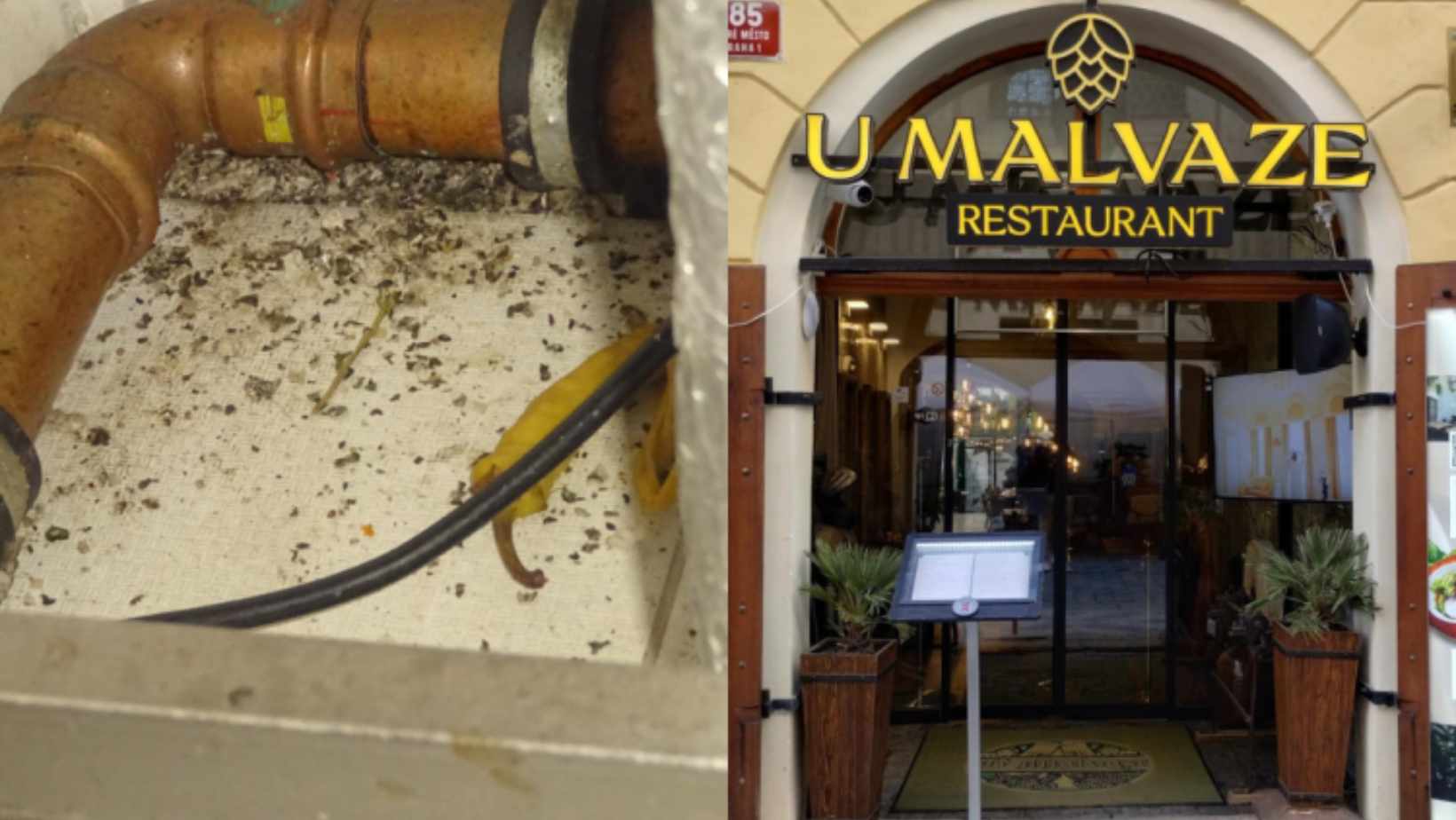How to Tax Your Rental Income in the Czech Republic
Robin Petrasek

Earning income of a rental property is a popular form of passive income. If you, as an individual, are involved in long-term property rentals, taxation can be quite straightforward. In the right circumstances, you might not even need to pay tax on this income.
However, income from short-term accommodation rentals is always considered a business activity, subject to stricter regulations, and often incurring higher taxes than income from property rentals.
How to Determine if Your Rental Activity is a Business?
The Income Tax Act defines so-called rental income and applies taxation when you, as an individual, engage in the long-term rental of your own property. For this income, you can either apply a flat 30% cost deduction, or actual costs. If your income exceeds 20,000 CZK per year, you must file a tax return.
Any other form of property rental, such as providing accommodation services, is considered a business activity and requires a trade licence and compliance with other state-imposed conditions. This includes properties held as business assets, short-term rentals, or using platforms like AirBnB and Booking.com. These activities are identified by financial authorities as business operations in the accommodation services sector.
Tax Returns: A Mandatory Requirement
If you rent out a property, you are almost always required to file a tax return, even if you are employed and your employer usually handles your annual tax settlement. If your rental income exceeds 20,000 CZK for the tax year, you must file a tax return independently. You are not required to submit income summaries to the Social Security Administration or your health insurance company for rental income.
However, if you’re in the business of providing rental services, such as short-term rentals for tourism profits, you must file a tax return as a self-employed individual (OSVČ). This income cannot be taxed under Section 9 of the Act as rental income, but only as business income under Section 7. As a business, you are also required to submit income summaries to both the Social Security Administration and your health insurance provider.
Tax returns for the year 2023 are due on the Tuesday after Easter, which is April 2, 2024. You are also required to pay any owed income tax by this date.
Real or Flat-Rate Costs for Rental Income?
A major benefit of long-term rental income (taxed under §9) for individuals is the possibility of not paying income tax. While you can apply a flat 30% cost deduction, this will still result in some income tax. Using actual costs can be more advantageous, allowing you to deduct property depreciation and even flat-rate automobile expenses, often reducing your taxable income from property rentals to zero.
Tip: For example, if you have a mortgage for your rental property, you can claim the paid interest as a real cost, thus reducing your tax base.
Rental Income from AirBnB
In the business of accommodation services (subject to §7 rather than §9), you can also use flat-rate costs, which are more advantageous at 60%. Real costs can be applied as well. You must file a tax return and submit income summaries to both the Social Security Administration and your health insurance provider. Alternatively, you can opt for a lump-sum tax, which exempts you from filing tax returns and income summaries. If your turnover exceeds two million CZK in 12 months, you must register for VAT.
In conclusion, the Czech banking system is quite easy going when it comes to rental taxation, since in the vast majority of cases you can bring your taxable income to almost zero. For AirBnB income, the 60% expenses are also very handy but you need to also pay extra on health and social.
-
NEWSLETTER
Subscribe for our daily news











